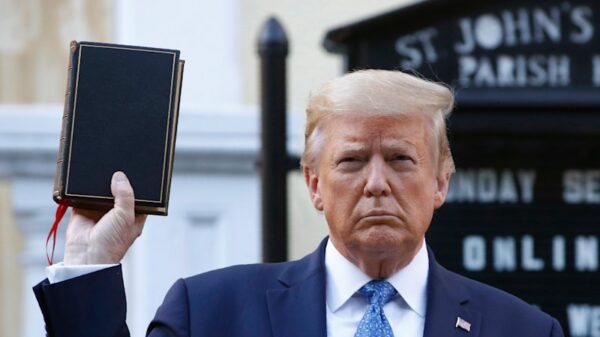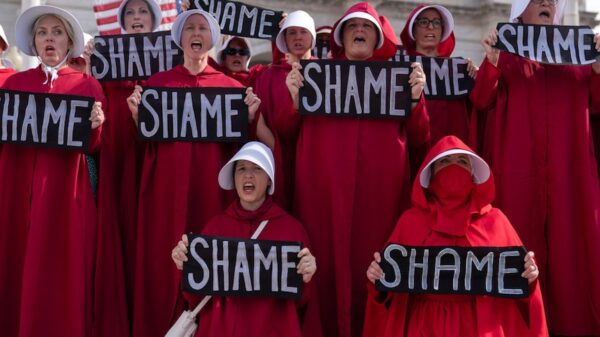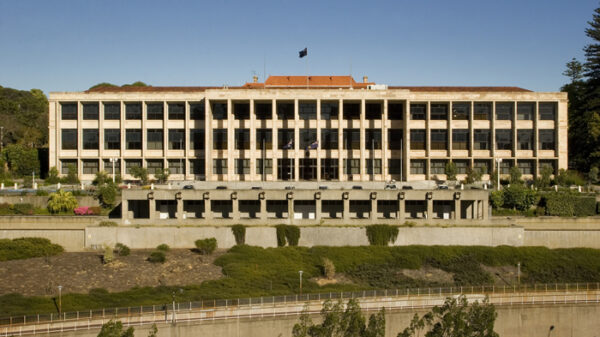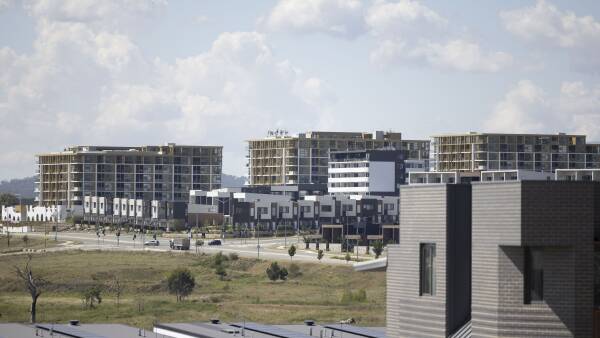Cameroonians are set to head to the polls on October 12, 2025, for presidential elections that could further complicate the nation’s political landscape. Incumbent President Paul Biya, who has held power for nearly 43 years, is running for another term. The stakes are high, as the outcome may impact the stability of Cameroon regardless of who wins, igniting potential protests from opposition parties.
Biya’s long tenure has raised concerns about political fatigue and the implications of continued leadership. If he secures victory, he will have been in power for nearly half a century by 2032, a feat unmatched by any other head of state in modern history. His political career began when he took on significant roles in 1968, including director of the civil cabinet and secretary general of the presidency. With his presidency beginning in 1982, he has effectively governed Cameroon for over 57 years.
As an international security scholar with over a decade of research into Cameroon’s security issues, including the separatist conflict in the North West and South West regions and the threat posed by Boko Haram in the Far North region, I have observed that Biya’s administration has provided a semblance of regulatory and political stability. Foreign investors and security partners have not had to contend with drastic policy changes under his rule. However, the upcoming election poses risks that could undermine this stability.
Potential for Increased Tensions and Insurgency
The 2025 presidential election could exacerbate existing ethnic and regional tensions, particularly due to prolonged feelings of marginalization among various groups. The grievances of separatists stem from historical decisions, such as the abolition of the federal system in 1972 and the change of the country’s official name in 1984. The removal of the term “united” from the official name has been a focal point of contention, as separatists argue that it implies the dominance of one region over another.
Biya’s role in the 1972 referendum and his control over senior government appointments since 1982 have further alienated English-speaking citizens, who feel underrepresented in governance. The violent crackdown on protests by English-speaking lawyers and teachers in 2016 catalyzed the formation of armed separatist groups that declared an independent state called “Ambazonia.” This initiated a violent conflict that has yet to be resolved.
In parallel, Biya’s foreign policy has also been scrutinized for its handling of Boko Haram, an extremist group that has exploited weaknesses in Cameroon’s security framework. Analysts, including those from the International Crisis Group, suggest that a stronger government response could have mitigated Boko Haram’s rise in strength during its peak in 2014 and 2015.
Opposition Candidates and the Risk of Violence
The political landscape is further complicated by opposition candidates such as Maurice Kamto, who emerged as a leading contender in the previous election. His rejection from the 2025 race raises concerns about potential unrest. Kamto, representing the Bamileké ethnic group, has faced political exclusion in a region already grappling with feelings of disenfranchisement.
Another significant figure, Issa Tchiroma, a long-time government minister, resigned in 2025 to run for the presidency. Tchiroma hails from the north, where there are expectations of political rotation between the northern and southern regions. Should he lose the election, he may claim unfair treatment, adding fuel to the fire of political discontent.
Violence in the Bamileké region or Tchiroma’s northern stronghold could further escalate the ongoing conflicts, potentially expanding the areas affected by insurgency. The interconnected nature of the regions means that unrest in one area could easily spill over into others, posing a significant challenge to national security.
The potential destabilization of Cameroon, whether due to Biya’s extended rule or an unsuccessful transition, could have broader implications for security in Central Africa. The region, which is already facing numerous challenges, could see heightened instability emanating from Cameroon.
Moving forward, it is crucial for Cameroonian officials and their international allies to address the underlying feelings of exclusion among various ethnic groups. Biya’s age and the prospect of another seven-year term raise pressing questions about the future of leadership and the need for careful consensus-building to prevent further marginalization of significant groups such as the Fulani, Bamileké, and anglophones.
In conclusion, the upcoming elections in Cameroon present a critical juncture. The potential for unrest looms large, and the international community should closely monitor developments to ensure that any emerging conflicts do not destabilize the region further.






























































